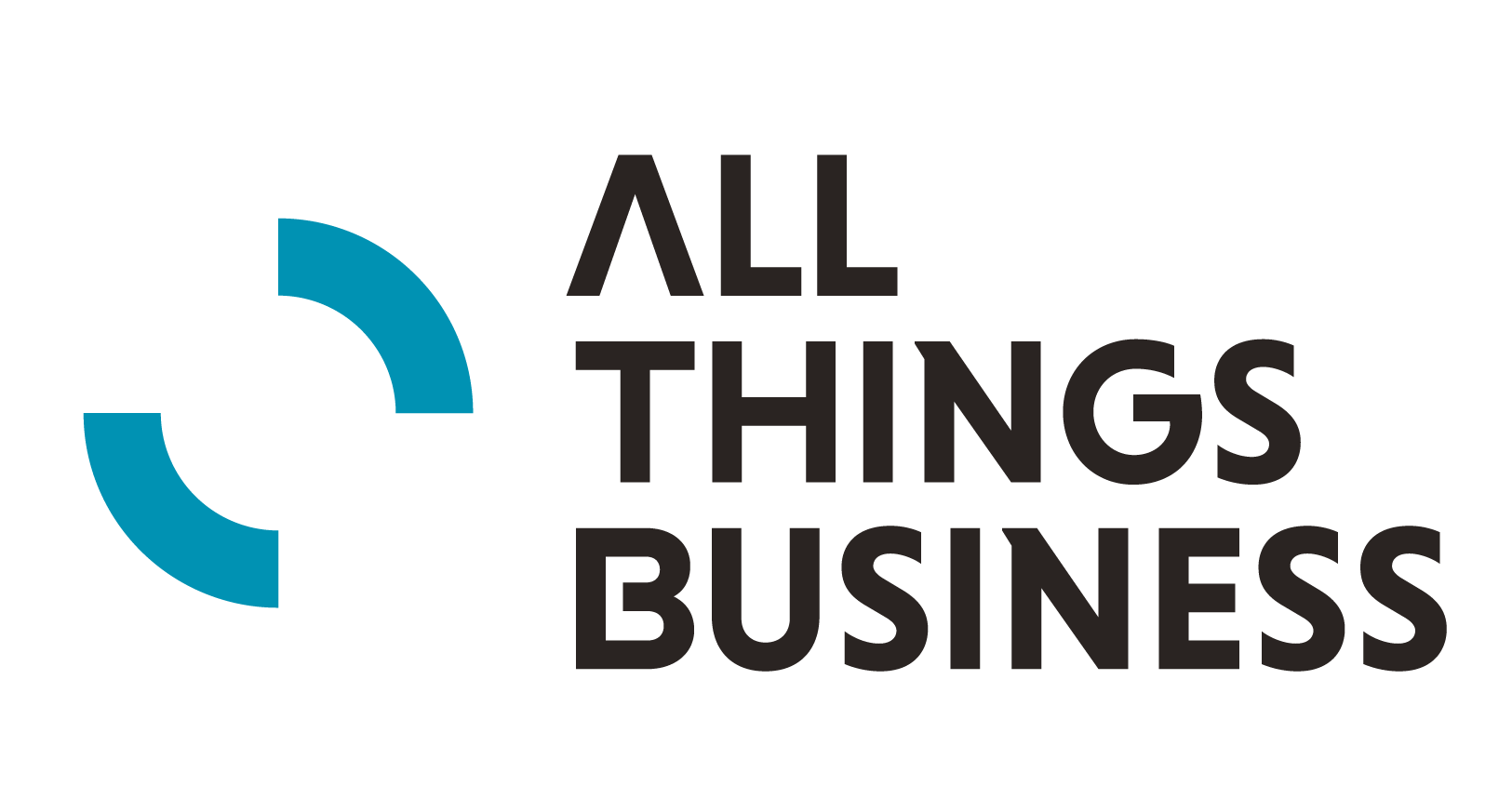We are now 18 months on from the World Health Organisation declaring a global pandemic and with 89% of adults in the UK having now had at least one dose of a coronavirus vaccine and all government restrictions on social contact having lifted, it is beginning to feel like life is starting to return to normal. However, the huge impact of COVID-19 on businesses is still prevalent and it’s clear that the pandemic will leave a lasting legacy on the workplace.
With thousands of people forced to work from home during the pandemic and unlikely now to return to the office full time, the whole working landscape has changed, bringing new challenges for employers. The latest release of the Government’s response to the ‘Health is Everyone’s Business’ consultation confirms that early research has indicated that the sudden switch to remote working during the pandemic has contributed to a rise in mental and ergonomic health issues for some employees.
Indeed, a recent study has revealed that four in 10 workers in the UK consider they are less mentally resilient now than they were before the pandemic, with over half agreeing that they feel pressure to put on a brave face in front of their colleagues (so-called ‘pleasanteeism’) despite a quarter stating they are not coping at work due to stress and poor mental health. Meanwhile, research from The Royal Society for Public Health has found that 39% of people who switched to remote working due to COVID have developed musculoskeletal problems.
The workplace implications of long COVID are also becoming more discernible, posing a new challenge for employers. According to the latest figures from the ONS, nearly a million people in the UK are currently suffering with this new disease, which is defined as symptoms that develop during or following an infection that is consistent with COVID-19, which continue for more than 12 weeks, and which are not explained by an alternative diagnosis. While symptoms such as fatigue, shortness of breath, brain fog and muscle aches are most frequently reported, less recognised symptoms such as anxiety, reduced motivation and neurological symptoms have also been described. Several studies have attempted to categorise the condition, but at present it is not well understood, and so those with long COVID must be treated with an individualised approach.
Evidence suggests that individuals may be prone to experiencing relapses, which may be triggered by physical or mental activity, stress, menstruation, heat or alcohol, but in some cases can occur with no specific trigger. Some people have reported feeling well after their initial infection, only to then experience a recurrence of symptoms, sometimes with new symptoms that they have not experienced before.
Those with long COVID often describe a significant functional impairment, with many reporting issues undertaking their activities of daily living, including feeling unable to return to work at full capacity, if at all.
Dr Yvette Martyn, Consultant Occupational Health Physician for Medigold Health, has written how, with symptoms varying widely and so much uncertainty still about the prognosis of this emerging disease.
She said: ‘‘There is a dilemma for both employees and employers about how best to manage it effectively – when is the right time for a return to work and what level of workload is appropriate?
“The evidence suggests that common symptoms seem to resolve in most people over time, albeit often slowly and over a period of several months, but unfortunately there is not a one-size-fits-all approach with this condition. Returning to work can be an important aspect of an individual’s rehabilitation and if an employer can work with employees to identify and accommodate adjustments that allow them to get back to work sooner, then this is likely to be beneficial to both them and the individual.
‘’It is, therefore, recommended that workers with long COVID are referred for an individualised assessment with occupational health, so that appropriate advice can be provided. Occupational health professionals are experienced in assessing new conditions as well as diseases that are poorly understood, with an emphasis on evaluating an employee’s functional ability against the demands of their role. A phased return – where hours or workload are gradually increased over time – is likely to be recommended and can be a particularly effective tactic.”
It’s clear that effective absence management, early referral and providing the right, easily accessible mental health support is just as, if not more crucial now, than ever and, as one of the UK’s leading Occupational Health and Wellbeing providers, the Medigold Health Group is perfectly placed to help businesses trying to navigate the newly emerging workplace health issues arising as a result of the pandemic.
Headquartered in Northampton and with over 60 clinics based across the country, including several key locations in London, the company specialises in creating tailor-made occupational health and wellbeing solutions to help organisations keep their people in work, safe and well. The company offers a comprehensive range of proactive and reactive services, including absence management referral assessments, employee screening, physiotherapy and ergonomic assessments, alcohol and drug testing and an array of mental health, wellbeing and resilience programmes and online tools. It has also developed a number of COVID-related services, including workplace COVID testing, test-to-travel services, post-COVID return to work assessments and home worker assessments.
Medigold Health works with employers of all sizes, across all sectors and as an organisation whose grassroots lie in the small business sector, is passionate about providing a clinically robust and commercially viable occupational health solution for businesses with 250 or fewer employees. With this in mind, Medigold Health has spent the last 18 months investing significant time, funding and resource into researching, testing and launching a revolutionary occupational health and wellbeing subscription service for businesses with 250 or fewer employees – the Medigold Health Protect.
Alex Goldsmith, CEO of Medigold Health, said: “As we face renewed challenges from the devastating coronavirus pandemic, it has never been more important to focus on the health and wellbeing of our employees.
“The UK’s economy is underpinned by the success of small businesses and that is why we are pleased to offer our support with our Medigold Health Protect subscription service, designed specially to meet their needs.”
To find out more about Medigold Health and how their services can work for your business, call 0845 127 8888, email enquiries@medigold-health.com or visit the website www.medigold-health.com
Sources:
Government response: Health is everyone’s business – GOV.UK (www.gov.uk)
RSPH | Survey reveals the mental and physical health impacts of home working during Covid-19

